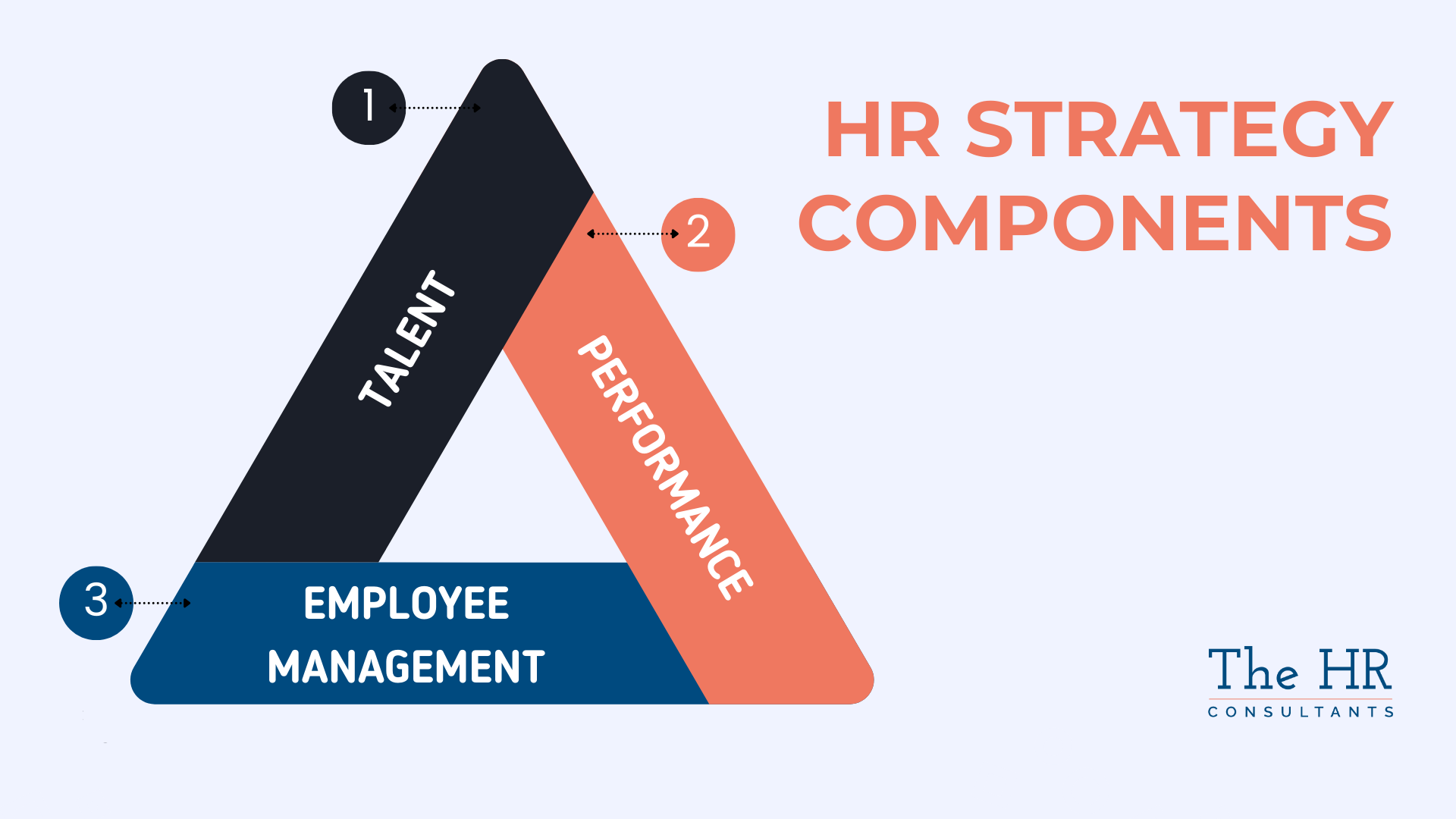Summary
This article provides practical advice for employers on managing the process of a staff member's resignation, from the initial conversation through to post-departure compliance. It emphasises the importance of formalising the exit with written terms and outlines strategies for mitigating business risks, such as using garden leave for high-risk employees and reminding them of contractual obligations. The guide concludes by stressing the need for exit interviews to uncover retention issues and maintaining employee records for legal compliance.
What you’ll get from the article:
- Initial Steps: Advice on how to start the process with a conversation to understand the employee's reasons for leaving (e.g., ambition or better pay).
- Formal Confirmation: Guidance on confirming the resignation in writing, clearly setting out the notice period, final pay, accrued holiday, and leaving date.
- Notice Period Flexibility: Tips on being flexible with the notice period to encourage a smooth handover.
- Risk Mitigation: Strategies for considering confidentiality and risk, including the use of "garden leave" or paying "in lieu of notice."
- Contractual Reminders: The importance of reminding the employee of their contractual obligations (confidentiality, non-disclosure, non-poaching).
- Legal Enforcement: Information on the ability to enforce the contract through legal action (injunction or financial compensation) if terms are breached.
- Retention Insight: The value of conducting an exit interview to uncover issues and gain insight for future
Losing a staff member can have a significant impact, and whatever size business you have, losing someone from your team can be either a blessing or a curse.
Here’s our advice for employers:
Start with a Conversation
In the first instance it’s important to chat it through, if you are unhappy with the employee leaving, discussing the reasons why can help you identify the employee’s ambition for growth or it may be that a competitor is offering a better financial package, of course, if they want a £50k pay rise this may be out of your available budget and you are forced to say goodbye. It could also be that the piece of paper they are holding is the magic wand to all your nightmares.
Confirm the Resignation in Writing
If the employee cannot be swayed to stay, presuming you want them to, acknowledge their resignation in writing setting out the notice period, the final pay and when that will be paid including their accrued holiday and their leaving date will enable both parties to have a clear exit plan.
Be Flexible with the Notice Period
It may be that the employee requests to only work half of their notice period, say in the case where their new employer wants them sooner, this is always worth consideration even if you can meet them in the middle, this can encourage them to achieve a better handover.
Consider Confidentiality and Risk
Regardless of whether you are happy or sad about your employee leaving, it would be advisable to consider risk, even the best employees can become the worst when they decide to leave an employer. If they have access to confidential or exclusive information, you could consider putting the employee on garden leave, this prevents them from starting work with the new employer until after your agreed date. Garden leave also means that we can contact them during the notice period should we have the odd question.
The other option is paying them in lieu of their notice, which will give the employee an early leave date but will protect you from having any documentation or information stolen or passed on into a competitor’s hands.
Remind Them of Contractual Obligations
In most employment contracts, there will usually be a confidentiality clause which deter an ex-employee from sharing your company secrets, many contracts also include non-disclosure agreements and clauses that forbids an employee from poaching your staff or approaching your clients, a reminder of these terms can also be added to the resignation acknowledgement letter.
Enforce the Contract if Needed
Should you discover that an ex-employee has breached these terms and conditions in their contract you are able to take this to court to obtain an injunction or financial compensation, its important though that there’s clarity within the contract of employment to start with.
Conduct an Exit Interview
Conducting exit interviews at the end of their notice period can further uncover information you were not aware of, an employee may not have wanted to say when handing in their notice but put them in front of a neutral person they can sing like a canary and spill all their woes. Understanding why people are leaving can give you great insight into whether you need to make changes within your business to retain staff going forward.
Retain Employee Records for Compliance
The very last thing to consider is your employees’ documentation as this does not leave at the same time as the employee, Employment Law compliance states we need to keep an employee’s data for 7 years, this adequately covers any potential claims that may arise and
However, it’s not all doom and gloom, a general rule of thumb is if your staff turnover is less than 35% across the year then you are doing something right! Read more about our HR Advice for Employers.
Need HR Support?
The HR Consultants provide solutions designed to help you save time, ease the pressure and create a workplace your people love. Whether you need help navigating employee exits, improving retention or staying compliant with employment law in the UK - we’re here to help.
Call us on 01789 614355 or click here to schedule your free consultation.















